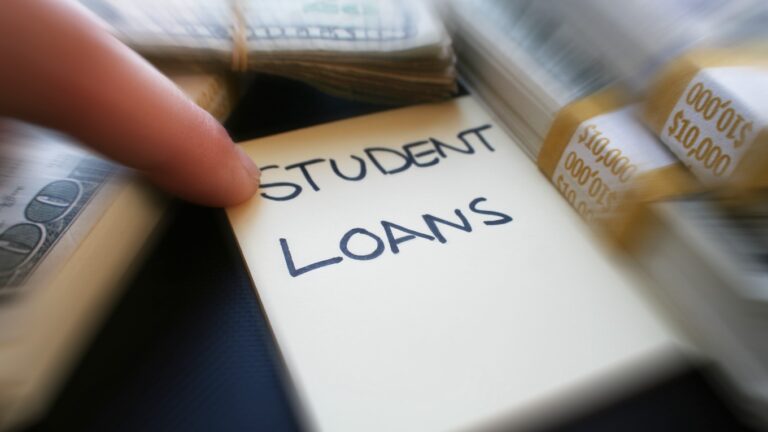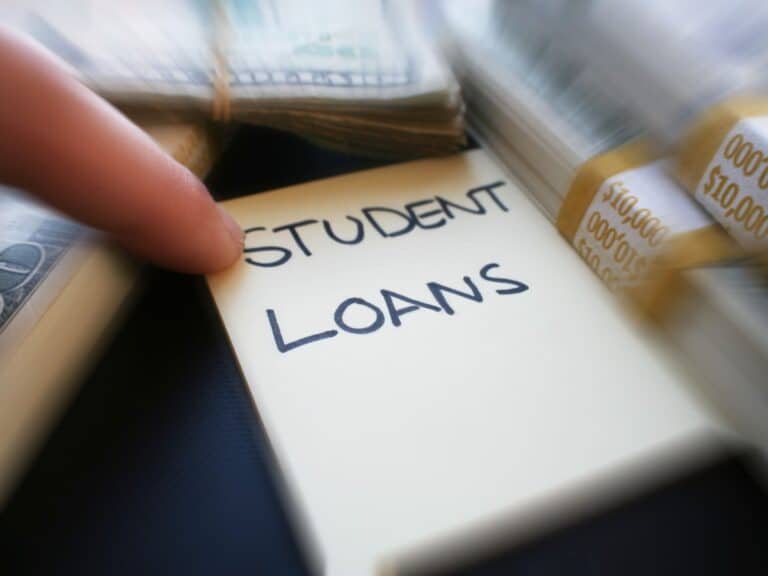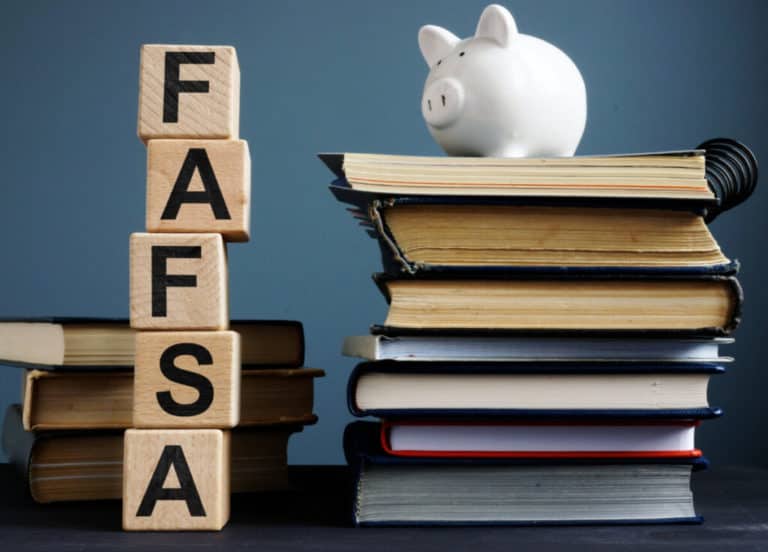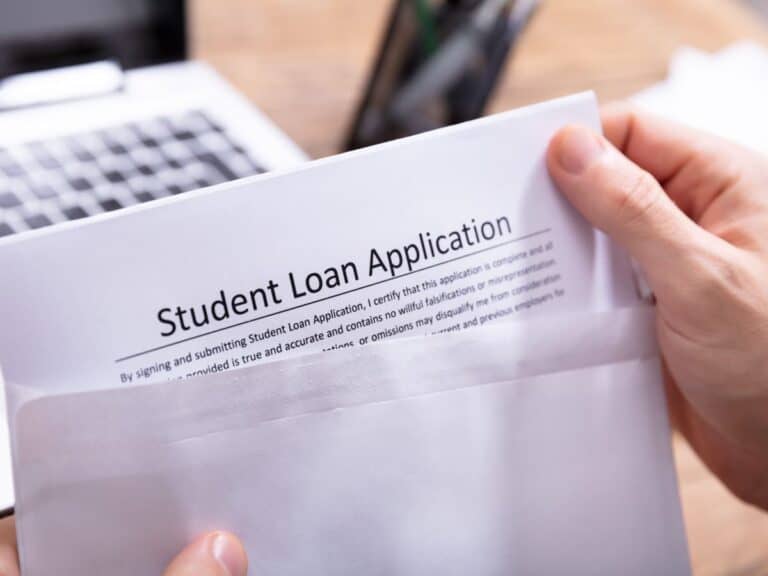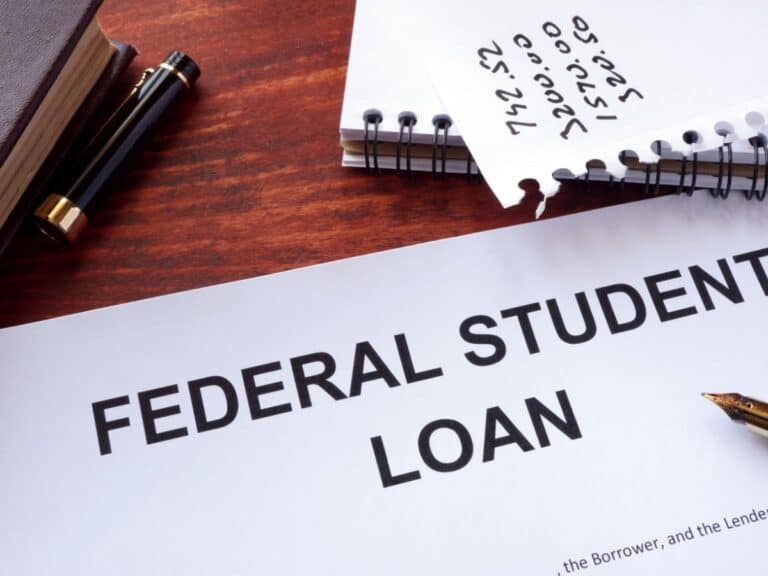Here’s What Happens If You Stop Paying Student Loan
Student loans have to be paid back by students who have accrued educational debt. Because it can take 5 to 20 years or longer to repay them, it can be tempting to not take care of the matter.
But what are the consequences of not dealing with student loans?
Not paying your student loans, technically speaking, won’t get you arrested. However, it’s a different thing if your student loan debt claims have gone to court and you refrain from repaying and/or showing up in court.
Read on to learn how to avoid going to court or, worse, landing in jail, in connection to student loans.
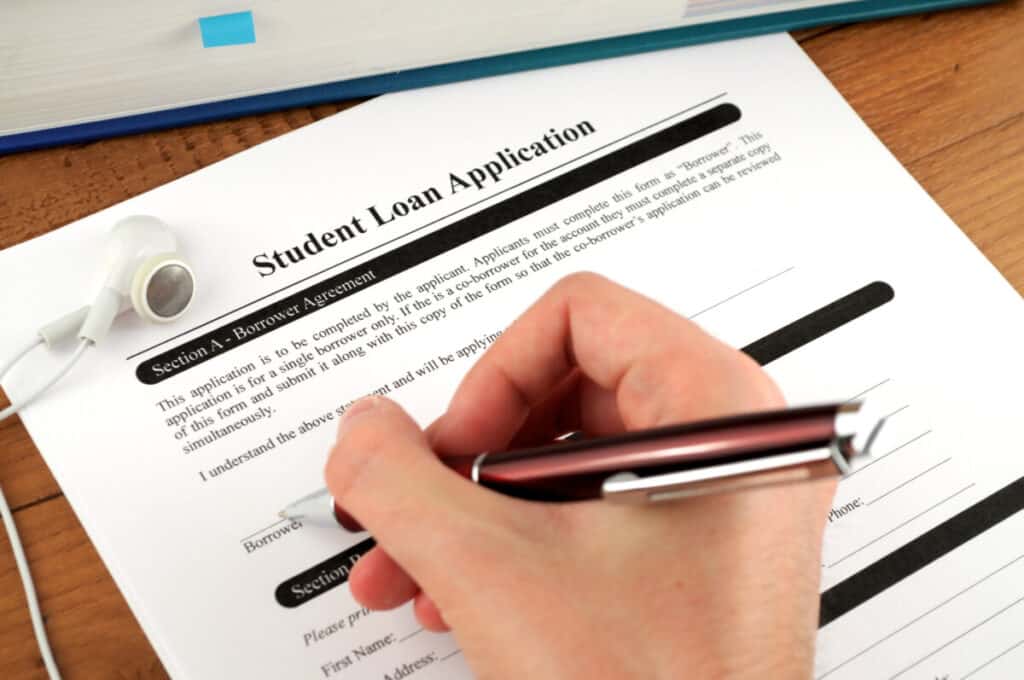
How To Avoid Getting Arrested
As mentioned above, it is extremely rare to get arrested on a warrant for not paying your student loans.
It has only happened once or twice in extreme cases where the student has ignored paying back their loans, ignored any claims filed in court, and ignored getting summoned to court to face these allegations.
There are a lot of steps you can take to prevent it from getting this far.
First of all, if you are having trouble paying your student loans you need to contact your loan provider and let them know so you can work something out.
If you know you are going to miss a payment, this is called delinquency as soon as you miss the payment.
What delinquency means is that if you do not contact your loan provider in 90 days to discuss a repayment plan, deferment, or forbearance, then they can report it on your credit lowering your credit score.
After delinquency has occurred and you still have not reached out to your loan servicer to discuss repayment options, then this is when your loan goes into “default”.
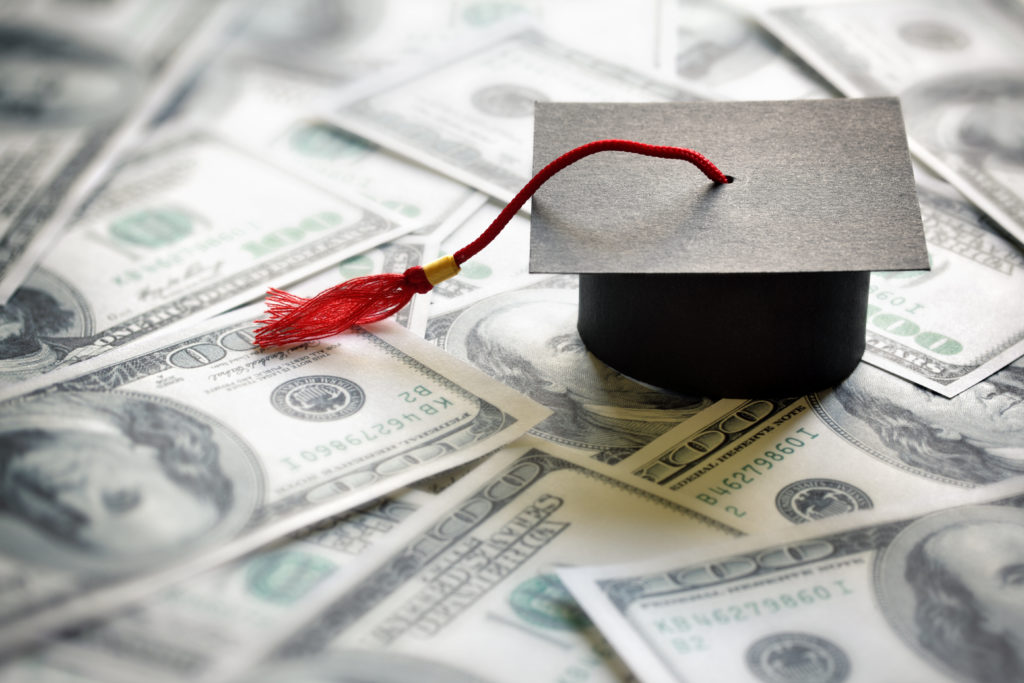
Default means that you have not paid back your federal student loan in 9 months and your private student loan in 120 days or 3 missed payments.
Once you have reached this point, three things can happen.
Loan Defaulted?
These 3 things are most likely to happen next:
- Your wages may be taken from you if you are working without a court order
- You could not get your tax return back or social security check
- Credit agencies may be notified of your lack of repayment and it could greatly hurt your credit score
Fixing Defaulted Loans
So, what to do if your loan has gone into default?
You have three options which are:
- Repayment, since your loan has reached default, this means you must pay back the loan in full amount, of course, most people cannot manage this, so you may try negotiating a student loan settlement
- Rehabilitation is when you must make nine payments within ten consecutive months. This will usually be 15% of your income, but you can only choose this option once. This is usually the best option to consider
- Consolidation, for this option you need to make 3 payments, on time and enter into a new agreement of paying back your loan under a plan based on how much you make, this option though can end up taking a long time and you might end up paying a lot more in interest
Keep in mind, this may be different depending on who you have gotten your loan with, either a private loan or a federal student loan, make sure to check with your specific loan lender.
Read an article from Consumer Financial Protection Bureau on what happens if you stop paying student loans.
Know Your Rights
You have rights when it comes to paying back your student loans, and if you know them, the more empowered you can be in making decisions in regards to repayment and such.
These basic rights are:
- Right to loan counseling:
- Right to contact your loan provider
- Right to forbearance
- Right to consolidate loans
- Right to repay early
- Right to defer payment
- Right to pay based on your income
- Right to reschedule payments
- Right to deduct interest
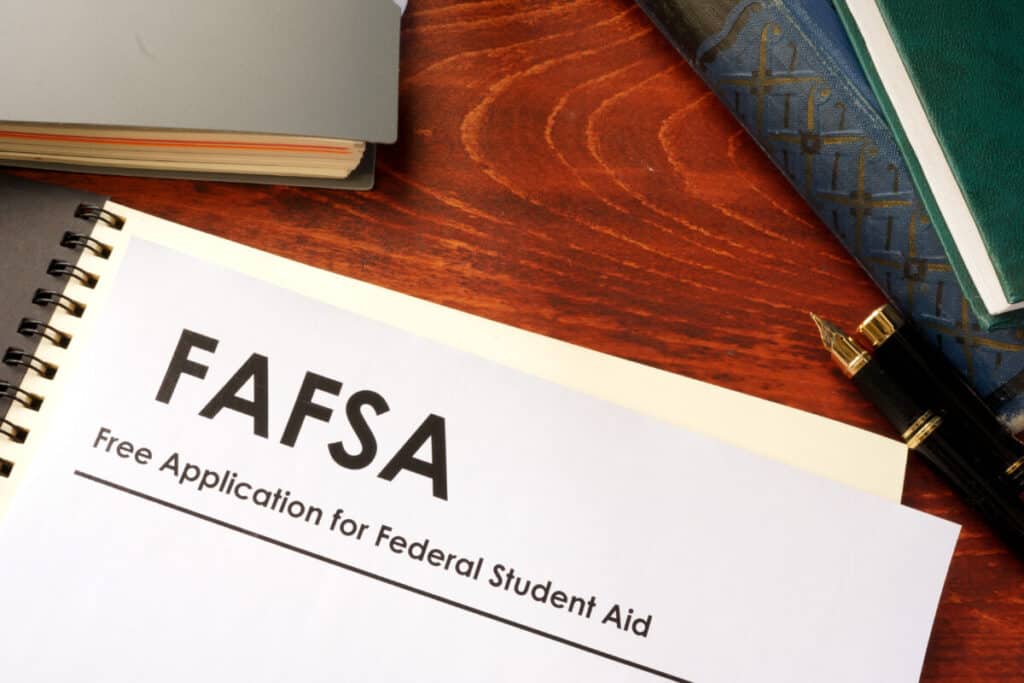
Credit Score & Student Loans
To keep or fix your credit score and your loan has gone into default, the rehabilitation option is best as it is the only option that will remove the default from your credit report, though previously missed payments may still remain.
A drop in your credit score can possibly trigger your other debts to increase in interest.
Federal Vs Private Student Loans
If you have not applied for student loans yet, here are some important things to consider when deciding between getting a federal student loan, given out by the federal government or a private student loan given out by a bank or another financial institute.
Federal student loans have lower fixed interest rates and do not necessarily depend on the student’s loan history.
Federal student loans are often the way to go as they are overall less expensive and they do offer better repayment options.
For federal student loans, you will need to apply for FAFSA which will determine how much of your loan will be unsubsidized or subsidized.
Private student loans oftentimes do depend on the student’s credit score and usually have variable and or fixed interest rates. Private student loans may also need you to have a co-signer with somewhat good credit.
This tool can help you decide out of a few loans which one might best fit your needs Loan Comparison Calculator (savingforcollege.com).
If you are struggling with repayments, know you are not alone. There are over 44.7 million people in the United States who are in debt and struggling with repayments as well, that is about 1 in 4 people.
Know your options when it comes to loans and know your rights.
Disclaimer: The views and opinions expressed in this article are those of the authors and do not necessarily represent those of the College Reality Check.
